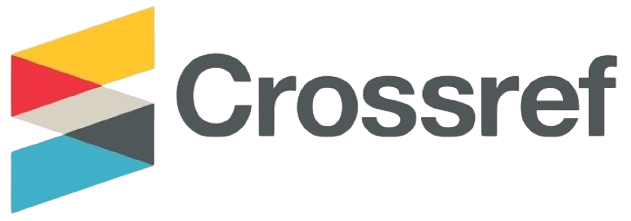ANALISIS PENGENDALIAN KUALITAS PRODUK BOTOL DENGAN MENGGUNAKAN METODE SIX SIGMA DAN KAIZEN PADA PT INDO TIRTA ABADI
DOI:
https://doi.org/10.32585/japti.v3i2.4883Abstract
PT Indo Tirta Abadi is a company engaged in manufacturing which produces 350 ml F-tea bottle products. Based on the analysis carried out by the company, several defective products were still found, such as Gate Not Center (GTC) bottles, silver bottles and dented bottles with the highest percentage of defects, namely silver bottles at 59.5%, GTC bottles at 31%, and dented bottles at 9.5%. %. The DPMO value in the production process for 350 ml F-tea bottles in September 2023 is 613.5573 or 614 defective bottles per million production with an average sigma level of 4.75, this sigma value can be said to be good but the level is still close to low 6 sigma. The company has set a product defect target of 0.5% with a division of 0.3% being bottle defects and 0.2% being preform defects. In the calculation the average defect obtained in September 2023 is 0.006%, which is already very high. far from achieving the targets set by the company, but actually on the control chart there are still several proportions of defects that exceed the predetermined limits. Factors causing defects in 350 ml F-tea bottles consist of human, machine, method and material factors. Therefore, a proposal for improvement was obtained using the Kaizen Five M-Checklist tool to handle this problem by providing training to operators at least once every 4 months, updating work instructions by adding steps that do not exist in them and carrying out production using non-ex sorted preforms.
Keywords: DMAIC, Kaizen Five M-Checklist, Defects, Product Quality, Six Sigma
Downloads
Downloads
Published
How to Cite
Issue
Section
License
Copyright (c) 2022 Wika Nur Afiani, Suseno

This work is licensed under a Creative Commons Attribution-ShareAlike 4.0 International License.
The copyright to this article is transferred to Jurnal Aplikasi Ilmu Teknik Industri (JAPTI) if and when the article is accepted for publication under Creative Commons Attribution-ShareAlike 4.0 International License. The undersigned hereby transfers any and all rights in and to the paper including without limitation all copyrights to Jurnal Aplikasi Ilmu Teknik Industri (JAPTI). The undersigned hereby represents and warrants that the paper is original and that he/she is the author of the paper, except for material that is clearly identified as to its original source, with permission notices from the copyright owners where required. The undersigned represents that he/she has the power and authority to make and execute this assignment.










